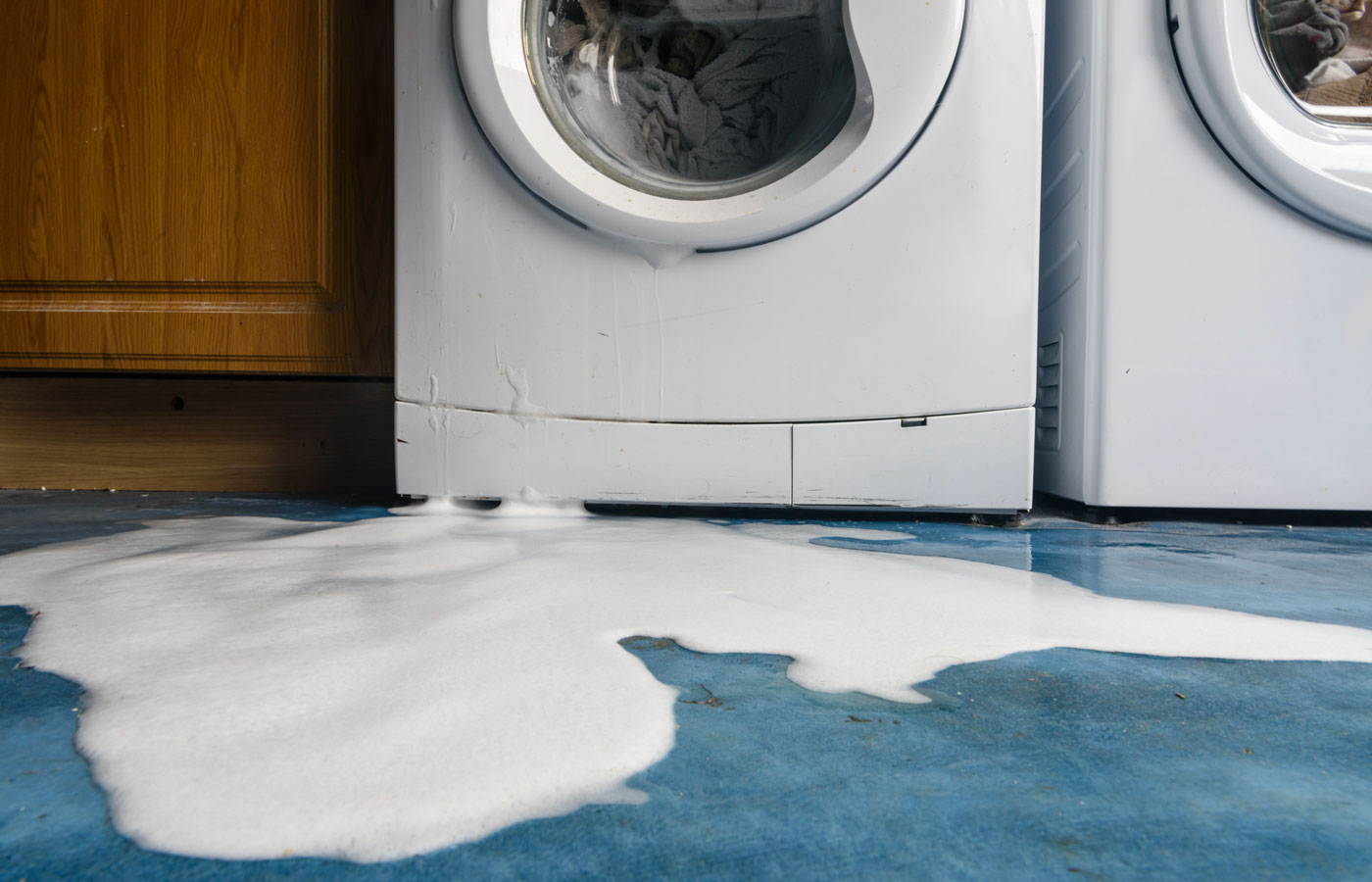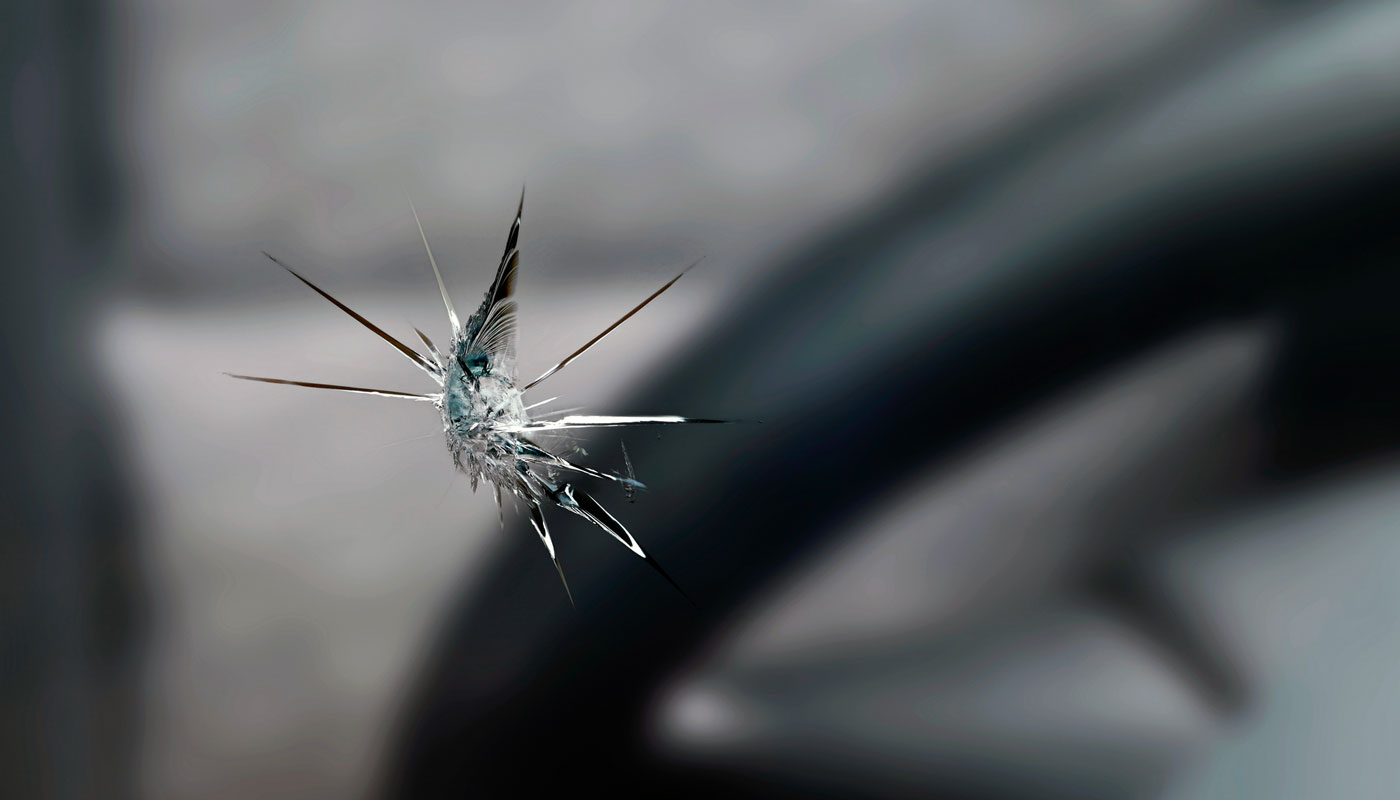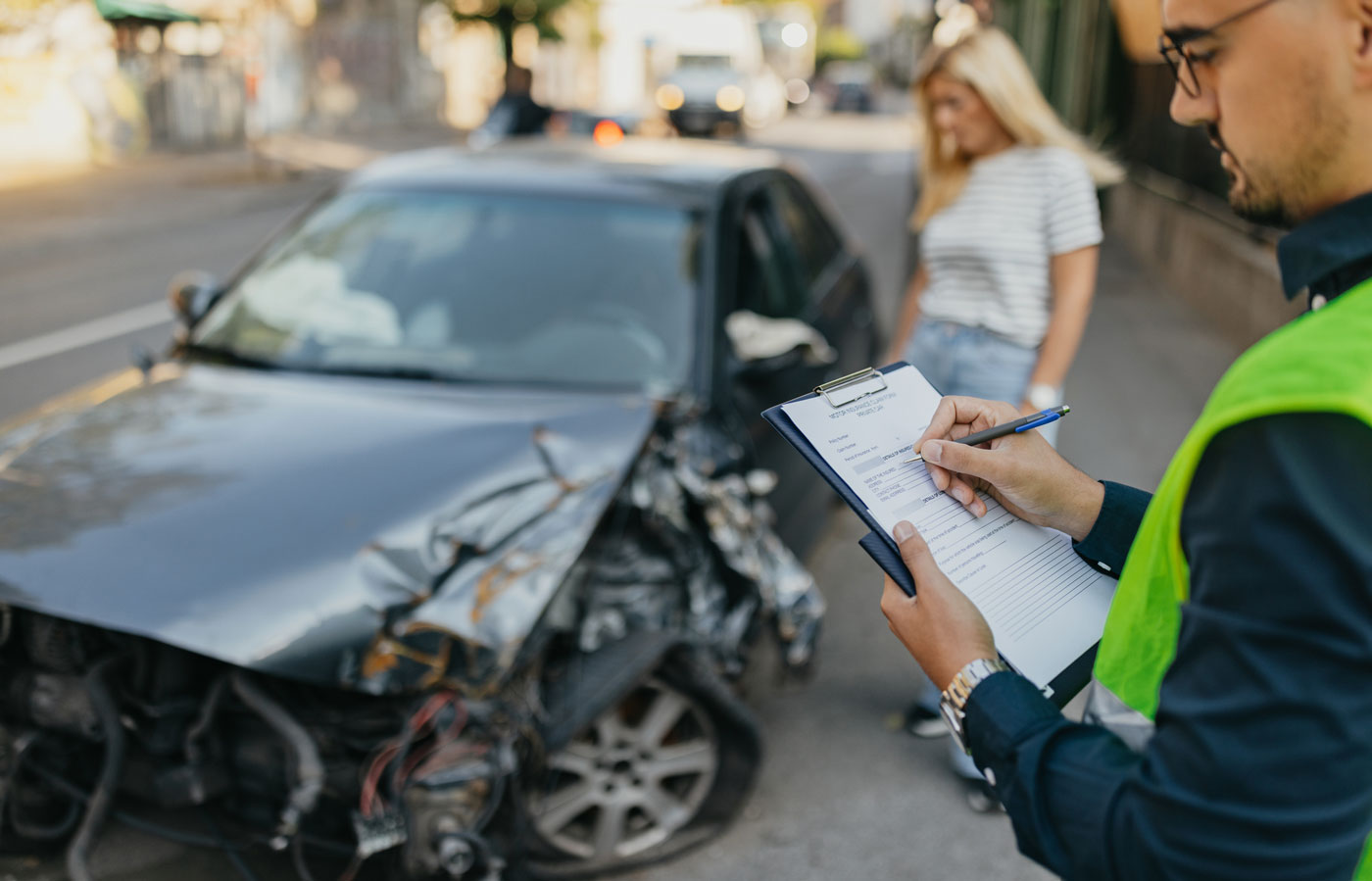How to Avoid Common Insurance Claims
Reduce your risk at home and on the road.
 Getty
Getty
Life is full of surprises, from a cracked windshield to water damage in your basement after a storm. Your home and car are important for your daily life, so helping protect them from life’s unexpected events is crucial.
Insurance can help, but it’s also important to understand some common insurance claims home and car owners face. When you know these, you can be proactive, taking steps to help reduce the potential risk and to help ensure you have the right coverage when an unexpected loss occurs.
What Is an Insurance Claim?
An insurance claim is an insurance policy holder’s formal request to the insurance company for coverage or compensation following a loss or damage to their home or automobile that falls under their policy.
A claim may be due to an accident, natural disaster, theft or other unforeseen event, but when a policy holder files a claim, this is the formal activation of the policy's protection.
Before filing a claim, it is important to read and understand the specifics of your policy, including things like deductibles, coverage limits and any exclusions.
Here’s what you should know about common insurance claims and how to safeguard your home and car to help prevent them.
Common Home Insurance Claims
Protecting your home from unforeseen events is essential; understanding common claims can help you take proactive steps to help prevent them.
Wind and Hail Damage Insurance Claims
Wind and hail damage are the biggest culprits of homeowner insurance claims, representing about 40% of all filings. In 2023, there were nearly 7,000 hail events nationwide. High winds can rip off shingles, damage siding and uproot trees that can fall on your property. Hail can dent roofs and siding, leading to leaks and further water damage.
To help prevent wind and hail damage:
- Schedule regular roof maintenance.
Regularly inspect and maintain your roof, fixing any loose or damaged shingles, missing flashing or other potential vulnerabilities. - Consider impact-resistant materials.
If you live in an area prone to hailstorms, consider using impact-resistant roofing and siding materials designed to withstand hail damage. - Trim trees.
Trim back trees and branches around your property to help prevent them from falling on your home during storms. - Secure outdoor items.
Before a storm, secure or store outdoor furniture, grills and other loose objects to help prevent them from becoming projectiles and causing damage.
 Getty
Getty
Water Damage Insurance Claims
Water damage makes up 23% of all homeowner insurance losses. It’s a leading cause of various claims, from burst pipes to appliance malfunctions, roof leaks and overflowing gutters. Damage can range from minor cosmetic issues to extensive structural repairs or mold remediation, which can carry a heavy price tag. As mentioned earlier, be sure to read and understand the specifics of your policy, as certain types of water damage (like damage from slow leaks) aren’t covered by most home insurance policies.
To help prevent water damage:
- Schedule regular plumbing inspections.
Schedule annual plumbing checkups to help identify and repair leaks or weaknesses before they worsen. And pay attention to areas where pipes may freeze. - Maintain appliances.
Keep appliances in good working order by following manufacturer guidelines and quickly fixing leaks. - Clean gutters.
Clear debris from gutters and downspouts regularly, especially in the fall, to help prevent water buildup and potential leaks. - Install leak detection systems.
Consider installing smart water sensors that alert you to leaks early. These sensors can help you act quickly and prevent more extensive damage.
 Getty
Getty
Theft and Burglary Insurance Claims
Theft and burglary are less common than other claims, often representing less than 1% of filings. But they can still be costly. Estimates are the average claim is over $4,500. Insurance can help you replace stolen items, but the emotional toll of a break-in can be emotionally impactful.
To help prevent theft and burglary:
- Install a home security system.
Consider installing a monitored home security system that includes door and window sensors, motion detectors and a loud alarm. Many insurance companies offer a discount on policies where an active home security system is in place. - Secure doors and windows at night and when away.
Ensure all exterior doors are solid and equipped with deadbolt locks. Reinforce windows with security film or bars and keep them locked. - Add outdoor lighting.
Lighting can help illuminate the perimeter of your home with motion-sensor lights. Well-lit areas can often deter potential burglars. - Hide valuables.
Don’t leave valuable items in plain sight, especially near windows. Store jewelry, electronics and other valuables in a safe or secure location.
Talk with your AAA Insurance Agent to help find out which type of car and home insurance coverage may be best for you and your family.
Find an Agent Getty
Getty
Common Auto Insurance Claims
Accidents happen, even to the most cautious drivers. Understanding the most common car insurance claims can help you prepare for the unexpected and take proactive steps to help protect yourself on the road.
Windshield Damage Insurance Claims
Windshield damage is one of the most common auto insurance claims. It is often caused by small rocks or debris kicked up by other vehicles. While a tiny chip might seem insignificant, it can quickly develop into a large crack, impacting visibility and safety.
To help prevent windshield damage:
- Maintain a safe distance.
Keep a safe distance from larger vehicles, especially on highways or gravel roads, to minimize the risk of rocks or debris hitting your windshield. - Repair chips promptly.
If your windshield sustains a small chip, repair it as soon as possible. A small chip can quickly expand into a crack due to temperature changes or road vibrations. - Choose covered parking.
Whenever possible, park your vehicle in a garage or covered area to help protect it from falling debris or hail.
Theft and Vandalism Insurance Claims
Car theft and vandalism are stressful experiences that can result in financial loss and emotional distress—and they’re on the rise. Stolen vehicles may be recovered but are often damaged. Vandalism, such as broken windows or graffiti, can also lead to costly repairs.
To help prevent theft and vandalism:
- Lock your car.
Always lock your car doors, even if you’re just running a quick errand. If your vehicle has an alarm system, make sure it’s on when you’re not in the car. - Park in well-lit areas.
Choose to park in well-lit and visible parking spaces, especially at night. Avoid parking in isolated or dimly lit areas. - Hide valuables.
Never leave valuables in plain sight inside your car. Store them in the trunk or glove compartment. If you have an SUV, consider adding a trunk screen or cover. - Install anti-theft devices.
Consider installing a car alarm, steering wheel lock or GPS tracking system to deter thieves. These may also help in recovering your vehicle if it’s stolen.
 Getty
Getty
Collision-Related Insurance Claims
Collisions, whether minor fender benders or major accidents, are among the most common auto insurance claims and can result in injuries and costly vehicle damage. While some collisions are unavoidable, many may be prevented by practicing safe driving habits.
To help prevent collisions:
- Stay focused.
Avoid distracted driving, such as texting, talking on the phone or eating. Keep your eyes on the road and your hands on the wheel. - Keep a safe distance.
Leave plenty of space between your vehicle and the one in front of you, especially in poor weather conditions like rain or snow. - Follow traffic laws.
Obey speed limits, traffic signals and road signs. Be aware of your surroundings and yield to pedestrians and other vehicles. - Maintain your vehicle.
Ensure your car is in good working order and has properly functioning brakes, lights and tires. Don’t ignore potential car problems as they come up, as they may be signs of bigger issues.
Taking these preventive measures and staying vigilant on the road can minimize your risk of experiencing these common car insurance claims, and having auto insurance coverage tailored to your needs can help further reduce your out-of-pocket costs.
This information is being provided for general informational purposes only. The Auto Club Group does not assume any liability in connection with providing this information.
Coverage is subject to all policy terms, conditions, exclusions and limitations. Discounts and savings opportunities subject to eligibility requirements. Subject to underwriting requirements. AAA Insurance is a collection of AAA branded insurance products, services, and programs made available to qualified members. Personal lines insurance is underwritten by one of the following companies: Auto Club Insurance Association, MemberSelect Insurance Company, Auto Club Group Insurance Company, Auto Club Property-Casualty Insurance Company, The Members Insurance Company, Universal Insurance Company, Auto Club South Insurance Company, or Auto Club Insurance Company of Florida. ©2024 The Auto Club Group. All rights reserved.